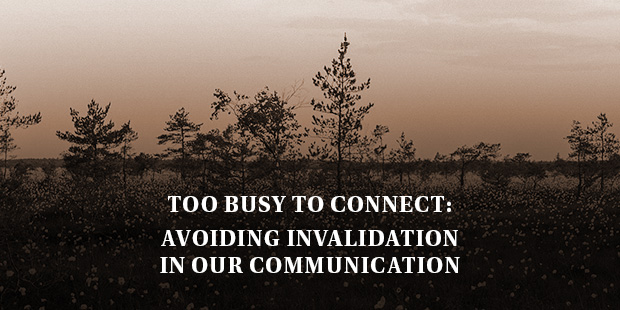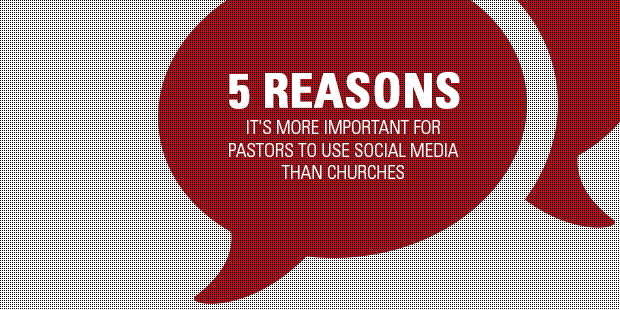The world isn’t looking for a copy of an existing writer, musician, politician, CEO, or leader; they’re looking for someone new, innovative, and original.
Your job is to discover how your unique gifts and talents can differentiate you from everyone else.
You have no idea the number of people who call our offices each week asking us to “do the same thing for us that you did for your national clients.” They want to copy someone they admire, and they’re asking us to help get that story out there and get noticed by the national media. But they’ve got it backwards. There’s already one of those famous leaders. A new person needs to emphasize his or her unique differences.
Besides, each of our clients were unique and brilliant long before I ever met them. Probably the most powerful gift these leaders had was an understanding of who they were and what their talent and calling were about.
That’s something worth repeating: Probably the most powerful gift these leaders had was an understanding of who they were and what their talent and calling were about.
Having an accurate understanding of what makes you unique and different is absolutely critical. For many, an accurate understanding is obscured or undermined by a lack of professionalism, bad ideas, poor taste, inept leadership, insecurity, lack of people skills, bad assumptions, and more. These sorts of things plague many leaders today and hamper their effectiveness.
What makes you different from all the others competing for your position?
There’s even more competition out there within the greater culture. In today’s world, everybody competes. For media creators, product producers, sales professionals, and more–how can you compete with all the entertainment choices, lifestyle options, or new digital technologies that struggle for the limited time of the average person today? You may not have the resources, finances, or assets the competition has, but you can tell a better story, and the key to finding that story is discovering what makes you unique and different.
What could it be that makes you different? Perhaps it’s your unique communications style, your writing ability, your personality, or an expertise in an unusual area. Being different can mean many things, including perspective, content, skill, and delivery.
If competition from others is making it more difficult to get noticed, then perhaps you should consider a different niche. Some organizations have decided that because of duplication of services by other companies in the area, they should find a different way of doing their work or do it in a different place.
Hollywood is particularly good at this; studios track what other studios are developing so they don’t release a similar film. Corporations spend enormous amounts of money following their competition’s product development.
Even smart employees watch for potential changes in company staffing or structure to ensure they don’t get pushed out of a job because of duplication or competition. It’s not about conniving or cheating behind the scenes–it’s about being aware and sensitive to the future.
Ultimately, it’s all about authenticity. Being unique and different shouldn’t mean fake. In our efforts to relate to the culture or a potential customer or audience, we sometimes go over the top and end up conveying a message that’s obviously dishonest and far from authentic.
I’m told I was born with the gift of saying what everyone else in the room is thinking. Whether it gets me in trouble or not, I often feel compelled to talk about the elephant in the room that everyone else sees but ignores. That’s why this issue of authenticity is so important for me. I was born with a very sensitive BS button, and anytime a client presents an advertisement, website, TV program, or other presentation that smacks of insincerity, I light up.
I regularly meet people who live out others’ dreams and refuse to act on who they were created to be. What about you? Have you watched your boss so closely that you’ve started becoming more like him or her than you? Have you followed a celebrity to the point where his or her style is obscuring your own? Have you followed trends to the point it’s difficult to discover what’s really inside you?
Don’t become something you aren’t; developing a personal brand is about becoming who you truly are. It happens even in the best of ways. One friend got involved in raising money to build medical facilities in Third World countries. It was a great cause and she certainly could have spent her life doing worse. Ultimately, it wasn’t really her passion. But she put off confronting that fact for years because it was such a great cause.
The problem was–it just wasn’t her cause. When she finally had the courage to step out into something she was personally passionate about, she had already wasted years of productivity.
I know others who are trapped working in a company, church, or humanitarian organization who–although they do great work– are settling for second best in their lives. I can see they have so much more potential, but when I bring it up, they rationalize it with the importance of the cause, the need, or the great work they’re doing.
They’ve been sucked into a regular paycheck, or refuse to change because they’re not willing to risk taking a hard look at their lives, their gifts, and their future.
I understand, because I’ve been there.
Finding your honest voice in the middle of the madness is absolutely critical. But being absolutely truthful about what distinguishes you from the pack is a critical step to finding your identity.
Excerpted from One Big Thing: Discovering What You Were Born to Do by Phil Cooke.
Read more from Phil here.
Phil Cooke, Ph.D. – filmmaker, media consultant, and author of One Big Thing: Discovering What You Were Born to Do; Unique: Telling Your Story in the Age of Brands and Media; and Jolt! Get the Jump on a World That is Constantly Changing.
Would you like to learn more about developing the brand asset called You? Connect with an Auxano Navigator and start a conversation with our team.

Tags: Awareness, Brand, Brand Asset, Brand Awareness, Clarity, One Big Thing, Phil Cooke
|
What is MyVisionRoom? > | Back to Communication >

































